Zinc is a mineral essential to childhood growth and development and helps build a strong immunity. Zinc deficiencies commonly affect hair, skin and nails but can also affect a child’s cognitive functioning and growth.
Zinc will not ‘boost’ your child’s immune system however if they are deficient, increasing their intake will assist in repairing and maintaining the immune system.
It can easily be added to your child’s diet through foods, with many of the foods they already consume being high in zinc. It is also found in supplements although it can be just as easy to meet requirements through diet.
The recommended dietary intake for zinc for children is as follows:
1-3 years old: 3mg per day
4-8 years old: 4mg per day
To put this into perspective, 85mg of pork contains around 2.9mg of zinc, meaning that is all it would take to meat your childs daily requirements. Similarly, a cup of baked beans or one serve of fortified cereal contains 2.9mg.

If you are looking to add zinc into your child’s diet, here are a few great sources:
-
Sesame seeds, pumpkin seeds, squash seeds
-
Cashews and peanuts
-
Meat, fish and poultry
Zinc also binds to protein meaning the amount of protein in your childs diet can increase absorption of zinc. No matter the dietary restrictions (eg. allergies and intolerances) in your household, you can absolutely incorporate it in your child’s diet easily. As always, if you are concerned, seek advice from your GP or dietitian/ nutritionist.
If you want to learn more about your child’s dietary requirements, see my blogs on Sodium and Calcium.
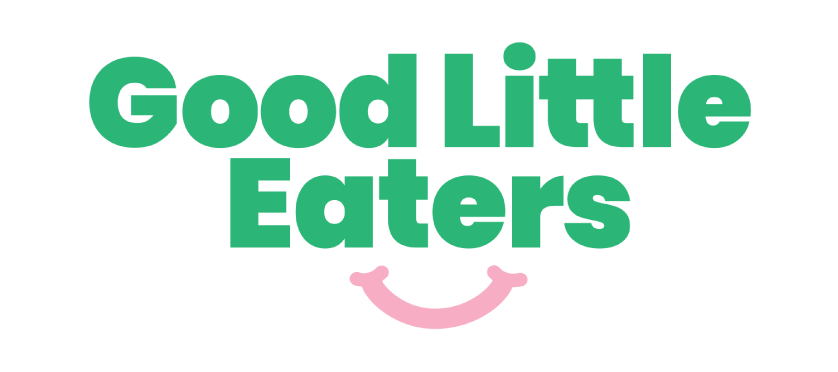


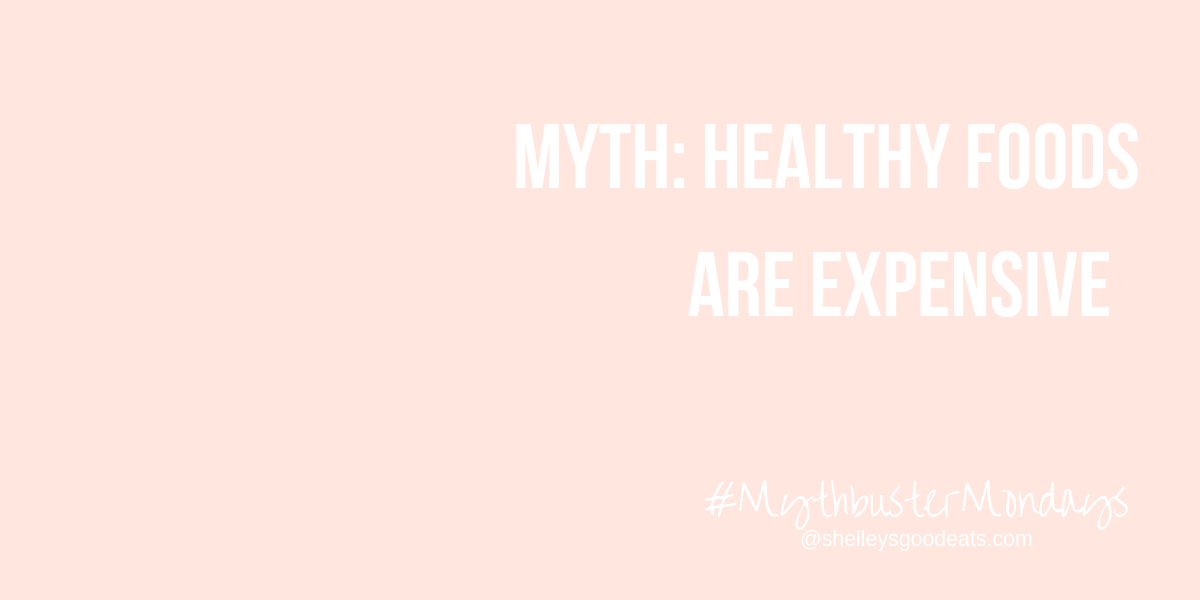

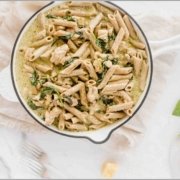
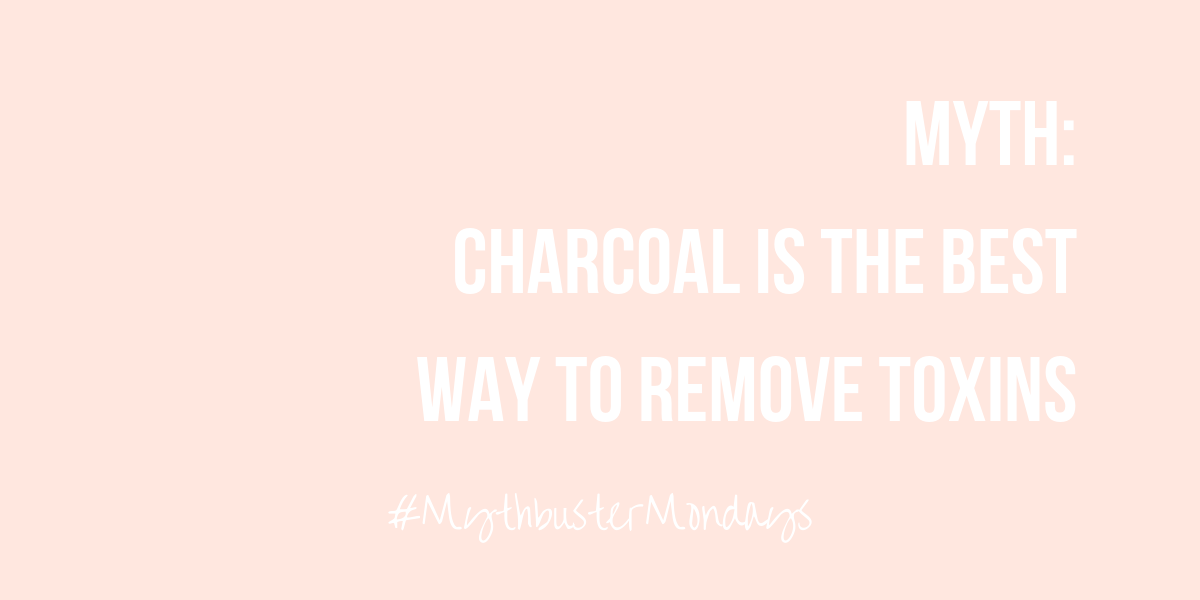
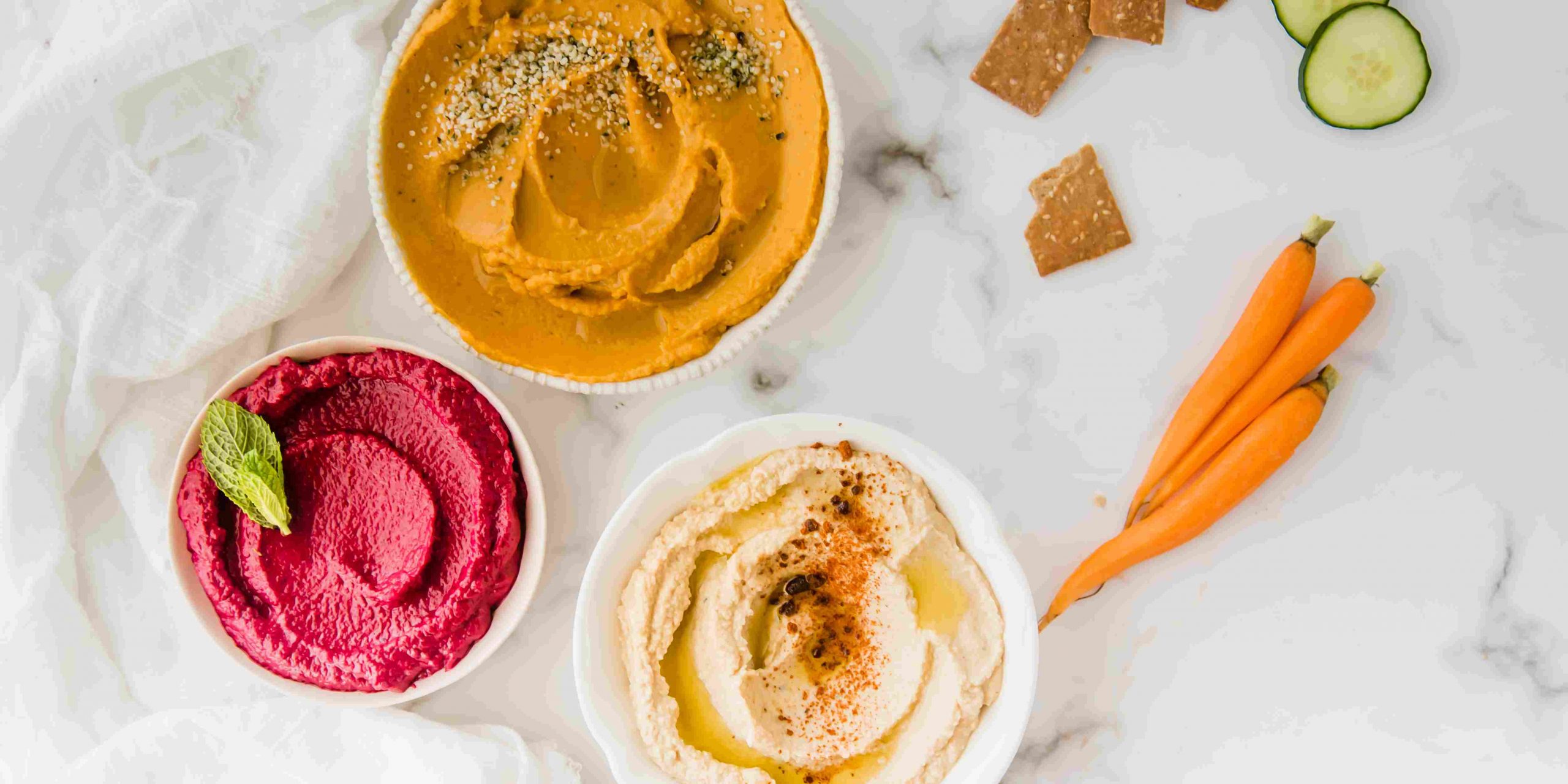




Leave a Reply
Want to join the discussion?Feel free to contribute!